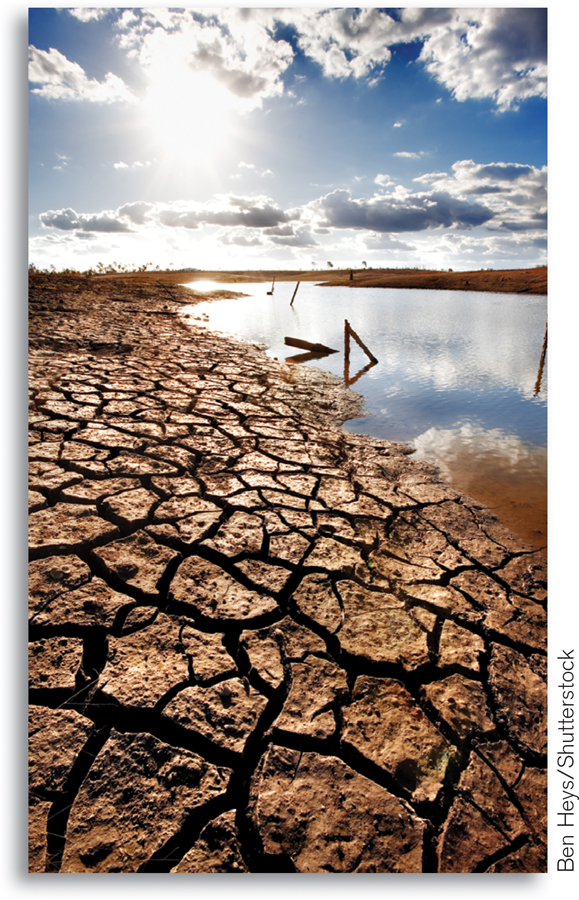Principle #1: Choices Are Necessary Because Resources Are Scarce
You can’t always get what you want. Everyone would like to have a beautiful house in a great location (and have help with the housecleaning), a new car or two, and a nice vacation in a fancy hotel. But even in a rich country like the United States, not many families can afford all that. So they must make choices—
Limited income isn’t the only thing that keeps people from having everything they want. Time is also in limited supply: there are only 24 hours in a day. And because the time we have is limited, choosing to spend time on one activity also means choosing not to spend time on a different activity—
This leads us to our first principle of individual choice:
People must make choices because resources are scarce.
A resource is anything that can be used to produce something else.
A resource is anything that can be used to produce something else. Lists of the economy’s resources usually begin with land, labor (the time of workers), capital (machinery, buildings, and other man-
Resources are scarce—not enough of the resources are available to satisfy all the various ways a society wants to use them.
There are many scarce resources. These include natural resources that come from the physical environment, such as minerals, lumber, and petroleum. There is also a limited quantity of human resources, such as labor, skill, and intelligence. And in a growing world economy with a rapidly increasing human population, even clean air and water have become scarce resources.

Just as individuals must make choices, the scarcity of resources means that society as a whole must make choices. One way a society makes choices is by allowing them to emerge as the result of many individual choices, which is what usually happens in a market economy. For example, Americans as a group have only so many hours in a week: how many of those hours will they spend going to supermarkets to get lower prices, rather than saving time by shopping at convenience stores? The answer is the sum of individual decisions: each of the millions of individuals in the economy makes his or her own choice about where to shop, and the overall choice is simply the sum of those individual decisions.
But for various reasons, there are some decisions that a society decides are best not left to individual choice. For example, the authors live in an area that until recently was mainly farmland but is now being rapidly built up. Most local residents feel that the community would be a more pleasant place to live if some of the land was left undeveloped. But no individual has an incentive to keep his or her land as open space, rather than sell it to a developer. So a trend has emerged in many communities across the United States of local governments purchasing undeveloped land and preserving it as open space.
We’ll see in later chapters why decisions about how to use scarce resources are often best left to individuals but sometimes should be made at a higher, community-